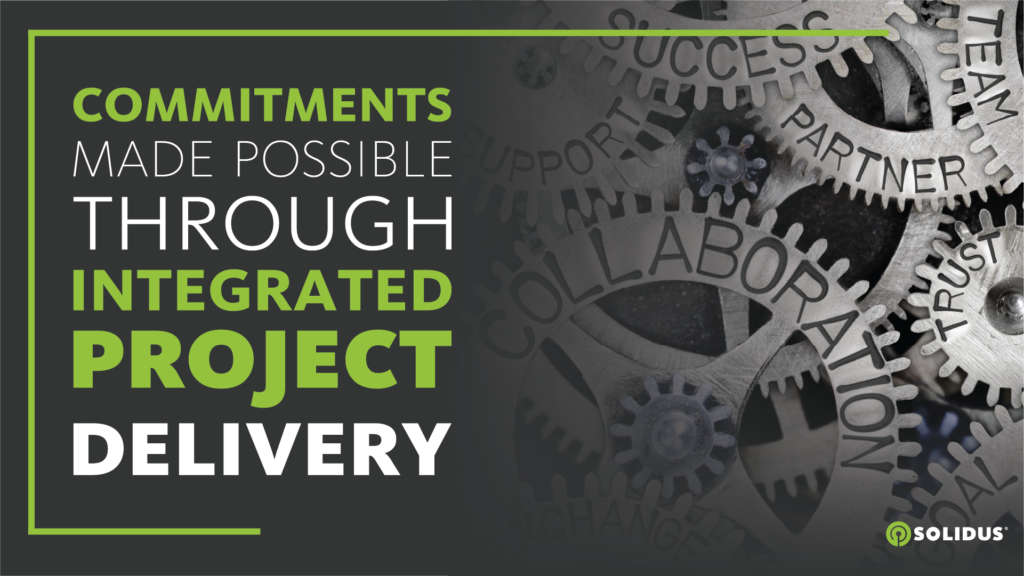Construction contractors have a notorious reputation for not delivering on their promises, with projects often taking much longer than expected to complete and costing far more than the original estimate. Saddled with costly change orders and their own internal deadlines, clients find themselves stuck between a rock and a hard place, having to plow forward with a feeling of desperation rather than confidence. And for decades the flawed formula has been the same:
- Assemble a team based solely on a lowest bidder criteria.
- Allow each party to regulate their own private interests.
- Maintain a sequential timeline for the project schedule, with each party working to their own end before the next phase of work is initiated.
This approach doesn’t allow for the intense collaboration required to produce quality designs that meet the client’s needs or provide the seamless execution that they’re expecting and deserve. The parties involved have no shared risks or rewards, which means they’re not equally invested in the project’s success. And of course, this method usually results in missed deadlines and lots of headaches that could have been avoided. But in the late 90’s a new method began to take shape, and it is one that Solidus has embraced and practiced exclusively for well over a decade.
Integrated Project Delivery, or IPD, supports the simultaneous implementation of work, where collaboration begins at conception. The project team is determined through an assessment of each parties’ unique qualifications, and they remain in constant communication throughout the process. The benefits of this approach include greater efficiency which in turn reduces costs and risks. This cohesive, comprehensive business model helps us build trust with our clients and leads to long lasting partnerships.


